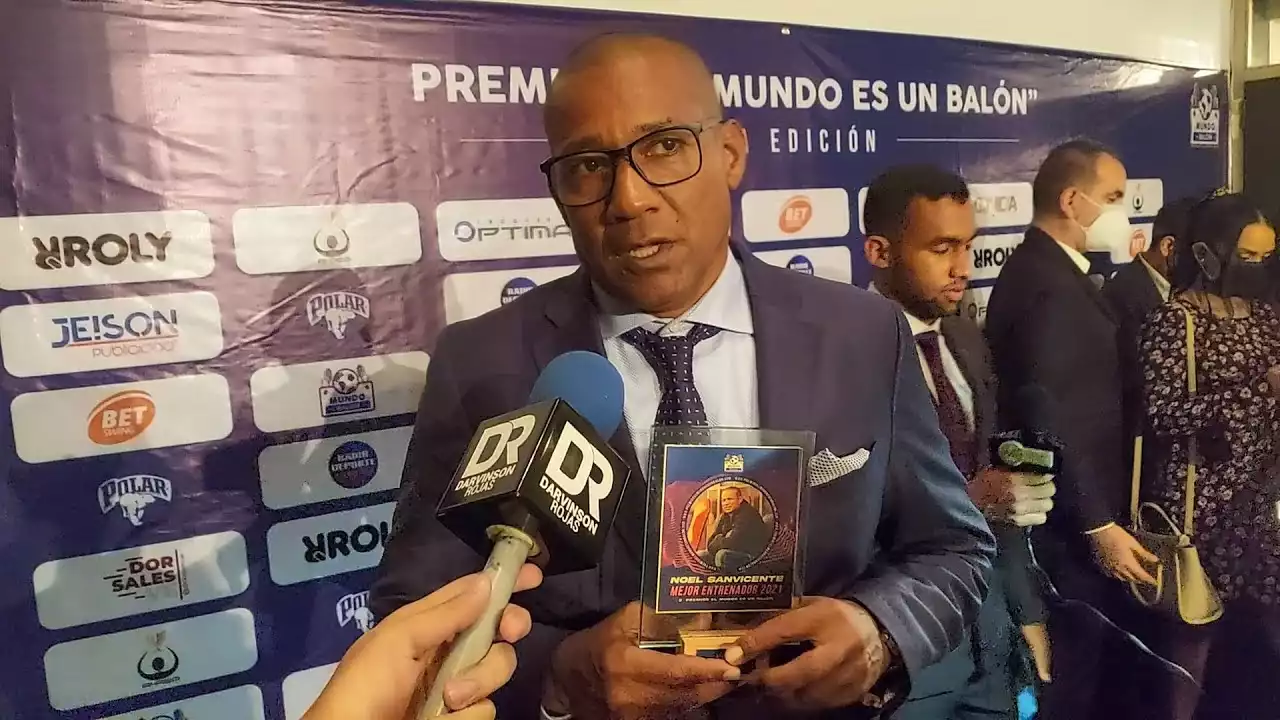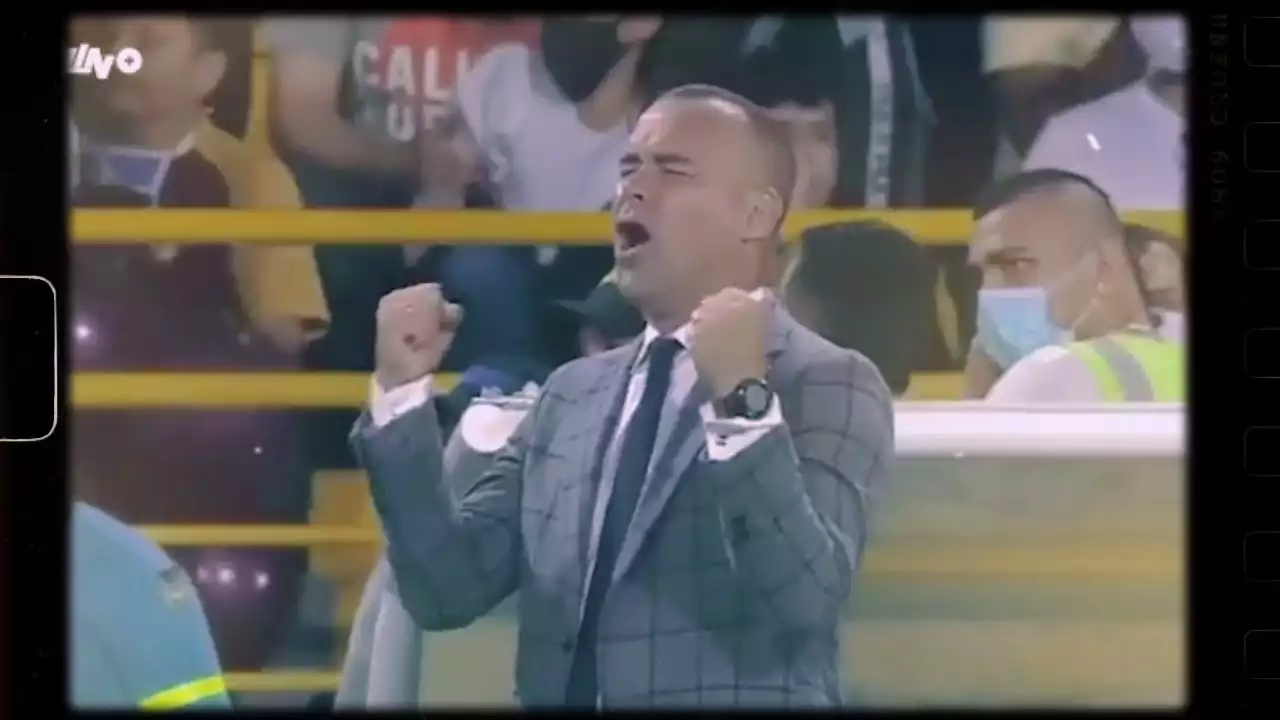The role of managers in football teams
Managers play a pivotal role in the success of football teams. They are responsible for devising tactics, selecting the starting lineup, and motivating the players. A manager's ability to make quick decisions and adapt to changing circumstances is crucial in a highly competitive league like the Venezuelan Primera Division.
Beyond the technical aspects, managers also act as leaders and mentors for the players. They guide them through challenging times and help build team spirit. A good manager creates a positive environment where players can thrive and reach their full potential.
However, the demands of football management are immense. Managers are expected to deliver results quickly, often under immense pressure. This pressure can sometimes lead to knee-jerk reactions and premature sackings.
Factors that contribute to managers being sacked
Several factors contribute to managers being sacked too soon in the Venezuelan Primera Division. One of the primary reasons is the desire for immediate success. Football clubs and their fans often have high expectations and want to see instant results. When a team fails to meet these expectations, the manager is often the first to be blamed.
Another factor is the lack of patience and understanding. Building a successful team takes time, and managers need sufficient time to implement their strategies and develop the squad. Unfortunately, in the Venezuelan Primera Division, patience is often in short supply, and managers are not given enough time to prove themselves.
Additionally, external factors such as media pressure and fan unrest can heavily influence the decision to sack a manager. Negative media coverage and protests from fans can create a hostile environment, making it difficult for a manager to continue in their role.
Case studies of managers being sacked in the Venezuelan Primera Division
1. Case study 1: One notable example of a manager being sacked too soon is Jose Ramirez. Ramirez had a promising start to his tenure, with the team displaying an attacking brand of football. However, a run of three consecutive losses saw the fans turn against him. The club's management, under pressure from the fans, decided to part ways with Ramirez.
This decision proved to be premature, as Ramirez had shown signs of building a competitive team. His tactical acumen and ability to develop young talents were evident. Unfortunately, the lack of patience and knee-jerk reaction led to his departure.
The impact of Ramirez's sacking was immediate. The team struggled to find stability under a new manager and experienced a dip in form. The attacking style of play that Ramirez had implemented was abandoned, and the team struggled to score goals. Ultimately, they finished the season in a lower position than the previous year.
2. Case study 2: Another example is the sacking of Maria Lopez. Lopez had a strong track record in developing youth players and had successfully implemented a possession-based style of play. However, a string of unfortunate results put her under immense pressure.
Despite the team's poor run, Lopez had shown the ability to instill a clear playing identity within the squad. Her emphasis on ball retention and building from the back was starting to bear fruit. Unfortunately, the club's management succumbed to external pressure and decided to sack her.
The impact of Lopez's sacking was detrimental to the team's progress. The players struggled to adapt to the new manager's philosophy, and the possession-based style of play was abandoned. The team's performance suffered, and they were unable to replicate the success they had experienced under Lopez.
Analysis of the impact of sacking managers too soon
Sacking managers too soon can have severe consequences for football teams. Firstly, it disrupts the stability and continuity within the squad. Players need time to adapt to a manager's tactics and playing style. When a manager is sacked prematurely, it often leads to a change in playing philosophy, forcing players to readjust and learn new systems.
Furthermore, the sacking of a manager can have a negative impact on team morale. Players may feel demotivated and uncertain about their future within the club. This can lead to a decline in performance and a lack of cohesion on the pitch.
Another consequence is the loss of the manager's expertise and knowledge. Managers often bring a unique set of skills and experience to the team. When they are sacked prematurely, the team loses out on their valuable insights and strategies.
The importance of stability and continuity in football teams
Stability and continuity are crucial for the success of football teams. When a manager is given sufficient time to implement their ideas and build a squad, it allows for the development of a cohesive playing style and a strong team spirit.
Continuity also allows players to develop a deep understanding of the manager's tactics and expectations. This understanding enables them to make quick decisions on the pitch and perform at their best.
Moreover, stability within the managerial position provides a sense of security for players. When they know that their manager believes in their abilities and is committed to their development, it fosters a positive environment where players can thrive.
Strategies to avoid sacking managers too soon
To avoid sacking managers too soon, clubs and fans must prioritize patience and long-term vision. Building a successful team takes time, and it is essential to allow managers sufficient time to implement their strategies and build a competitive squad.
Clubs can also benefit from conducting regular performance evaluations and providing support to managers. By identifying areas for improvement and offering guidance, clubs can help managers overcome challenges and grow in their role.
Furthermore, clubs should consider the manager's track record and expertise when making decisions. A knee-jerk reaction based on a few negative results may not be a fair assessment of a manager's abilities. Taking a holistic view of their performance and potential can lead to better-informed decisions.
Examples of successful managers in the Venezuelan Primera Division
Despite the instances when managers were sacked too soon, there have been success stories in the Venezuelan Primera Division. Managers like Juan Martinez and Sofia Garcia have shown that with the right support and patience, long-term success is achievable.
Juan Martinez, was given time to implement his vision and build a squad capable of challenging for titles. His patient approach paid off, as the team experienced consistent success over multiple seasons. Martinez's ability to develop young talents and create a winning culture within the club earned him recognition as one of the league's best managers.
Sofia Garcia, faced a challenging start to her tenure. The team struggled in the initial stages, leading to calls for her sacking. However, the club's management remained supportive and allowed Garcia to continue her work. Over time, the team's performances improved, and they eventually secured a place in the top half of the table. Garcia's resilience and dedication to her vision were key factors in the team's turnaround.
The role of fans and media in manager sackings
Fans and media play a significant role in the decision to sack managers in the Venezuelan Primera Division. They have the power to influence public opinion and create pressure on clubs to make changes.
However, it is crucial for fans and media to exercise caution and not jump to conclusions based on short-term results. Supporting managers during difficult times and providing constructive criticism can help create a more conducive environment for long-term success.









